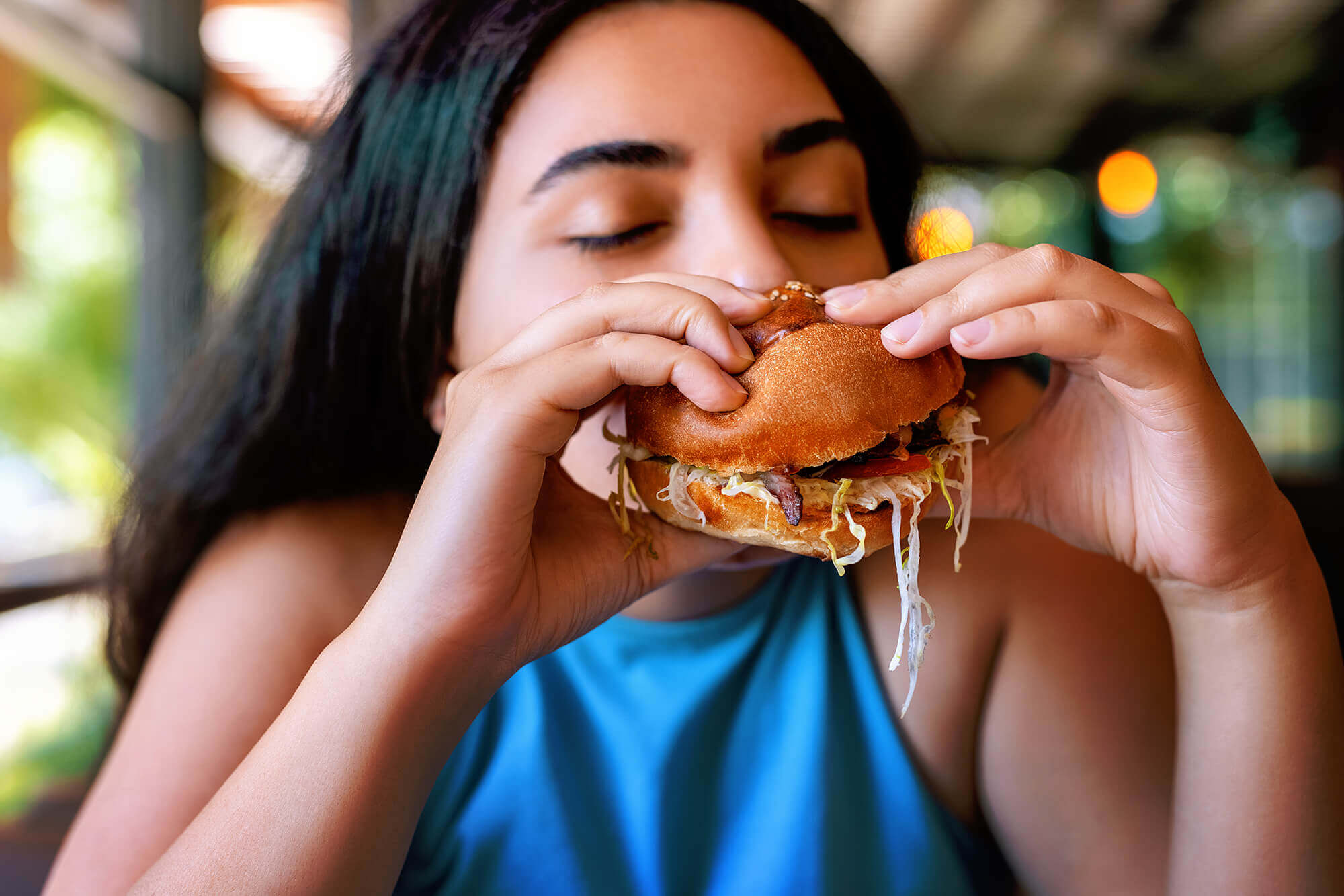Diet breaks do not appear to be game-changers for fat loss or one’s metabolism. However, new data may change the way we view them.
Overview
What did they test? The researchers looked at the current available literature of diet break periods on body composition and metabolic adaptation.
What did they find? Although they found that diet breaks did result in a statistically significantly greater resting metabolic rate versus continuous calorie restriction, the difference was less than 100 calories per day.
What does it mean for you? Diet breaks are totally fine if they help you adhere better to your diet but they will most likely not do wonders for your metabolism or further enhance fat loss.
What’s the Problem?
Embarking on a journey to lose weight is often framed within the realms of continuous energy restriction, ie: consistently being in a calorie deficit over long periods of time. After all, losing weight comes down to calories in versus calories out which is exactly what continuous energy restriction addresses. While effective in the short term, continuous energy restriction can in some cases trigger a cascade of metabolic, behavioral, and hormonal changes in response to prolonged calorie scarcity. At the heart of this challenge lies resting metabolic rate (resting metabolic rate), the energy the body expends at rest. Usually comprising 60-70% of total daily energy expenditure, resting metabolic rate is expected to decrease with continuous weight loss. However, this reduction is often more substantial than anticipated based on changes in body composition, resulting in a marked drop in weight loss efficiency over time. This phenomenon, known as "metabolic adaptation," can often affect the body's ability to adjust to prolonged energy restriction, hindering further weight loss.
“A strategy that has been used in and out of the literature before to offset some of the potential physiological and psychological consequences of being in a calorie deficit for long periods are ‘diet breaks’ 1. Diet breaks, as the title suggests, involve periods during an energy-restricted diet where one takes a break from their diet and consumes calories roughly equating to maintenance calories, giving them a psychological and potentially physiological break from the calorie deficit they had been adhering to.” from REPS Issue 13
Despite the growing interest in diet breaks as a promising alternative for optimal body composition and minimizing metabolic adaptation, a systematic review looking at the totality of evidence on diet breaks and comparing their effectiveness with traditional continuous energy restriction did not exist up until recently.
This hot-off-the-press paper by Poon et al is here to provide more clarity on the topic!







